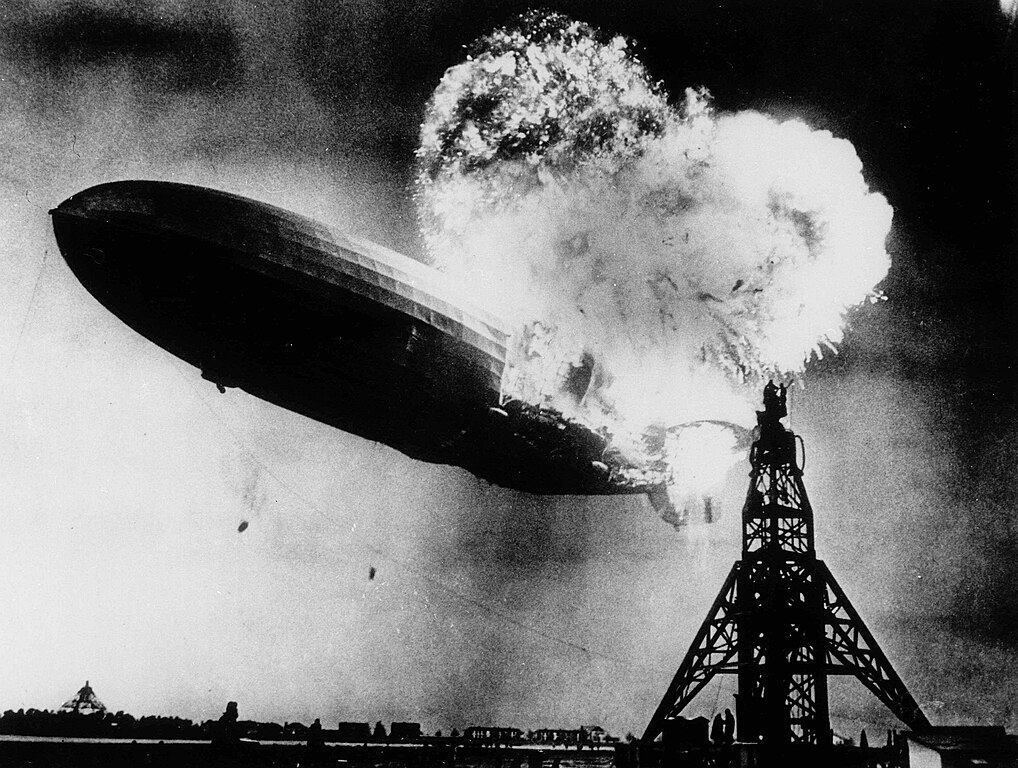Court Affirms: Tagami’s “Lost Profits” Claim Fails Bigly
On December 22, Judge Noël Wise brought a “Joyeux Noël” (French for “Merry Christmas”) to litigation-weary Oakland and a lump of coal for developer Phil Tagami whose victory in the liability phase of the trial has been cut to size by the judge’s final decision on the remedies from which Tagami must choose.
In her final decision in the state court battle between Phil Tagami’s OBOT and the City of Oakland, Alameda County Superior Court Judge Noël Wise slashed OBOT’s $159.6 million damages claim, offering less than a fifth of a penny on the dollar. Tagami based his claim on massive profits he says OBOT would have earned but for the City’s termination of his lease in 2018 when OBOT failed to meet initial construction deadlines.
Judge Wise agreed with Tagami’s contention that the City, not Tagami, violated the lease. She concluded that the City should have provided an extension on the deadlines after, among other things, causing delay by applying a ban on shipping and handling of coal that was set aside by a federal judge in 2018.
Tagami now has a choice between walking away from the project with a mere $317,683 or resuming efforts to build the terminal with a new deadline to get construction underway by July 2026.
Phil Tagami’s team has until January 5 to draft a proposed judgment electing one of these two remedies. If he takes the money, he must relinquish any right to develop the West Oakland site. On the other hand, taking the money will allow Tagami and his partners to avoid numerous hurdles that may interfere with a successful terminal project, including broad-based community resistance to any plan to ship coal through Oakland.
The judge’s final decision on remedy adopted the main points of the proposed statement of decision issued by the court eleven days earlier. The parties submitted objections and proposed corrections and the final decision included some changes, but the earlier analysis published by NCIO remains largely intact. (Click here for an updated version of that analysis.)
Only one minor change from the draft to the final decision appeared to benefit Tagami. The court moved the deadline for initial construction from June 2026 to July 2026. Tagami’s counsel had agreed in court that the maximum extension the court could award was 2 years and 180 days from the date of judgment. The revision gives Tagami nothing to appeal on that score.
The court accepted a number of changes proposed by the City, each of which involved overreach by Tagami’s legal team – language proposed by OBOT that had wormed its way into the court’s initial draft decision.
Judge Wise granted the City’s request to modify language broadly declaring OBOT “not in default of the Ground Lease or the Development Agreement” to read simply, “OBOT is not in default of the Ground Lease for failure to meet the Initial Milestone deadline of August 14, 2018.”
The City prevailed on the court to remove language stating that the lease was still “in effect,” adopting more precise language that the City’s “termination of the Ground Lease was unlawful, invalid, and is therefore rescinded.” OBOT and Insight Terminal Solutions apparently sought to use the declaration that the lease was “in effect” to justify their bombardment of the City on November 29 with demands for immediate action in December on an estoppel certificate and non-disturbance agreement. They claimed authority for their demands under the lease, but the more definite language in the court’s final decision makes clear that the lease was not “in effect” in November 2023. The termination in 2018 will only be rescinded when the court issues its final judgment in the coming weeks.
Judge Wise also removed from the extension of deadlines a provision in the lease requiring the City to cooperate in seeking third-party funding of certain improvements specified in the lease. The City argued that OBOT had presented no evidence that it had provided timely notice years earlier when the City’s obligation expired. The final decision effectively relieved the City of its obligations to join in that effort if the developers elect to restart the project.
What’s next in this chapter of the struggle to keep coal out of Oakland will be revealed by the draft judgment OBOT must submit by January 5. Very soon thereafter, Judge Wise is expected to adopt or modify the draft and issue the court’s final judgment.
OBOT will then file a motion for millions of dollars in attorneys’ fees and costs spent in achieving its victory at the liability stage and its partial victory at the damages stage. Within 60 days, either side may appeal any part of the judgment. For example, the City could challenge the determination that its termination of the lease was unlawful and invalid and OBOT could challenge the court’s rejection of its claim for lost profits.
Featured image: This photo, taken during the initial explosion of the Hindenburg, shows the 804-foot German zeppelin just before subsequent explosions sent the ship crashing to the ground at Lakehurst Naval Air Station in Lakehurst, N.J., 6 May 1937. Credit: US Navy via Wikimedia Commons.
